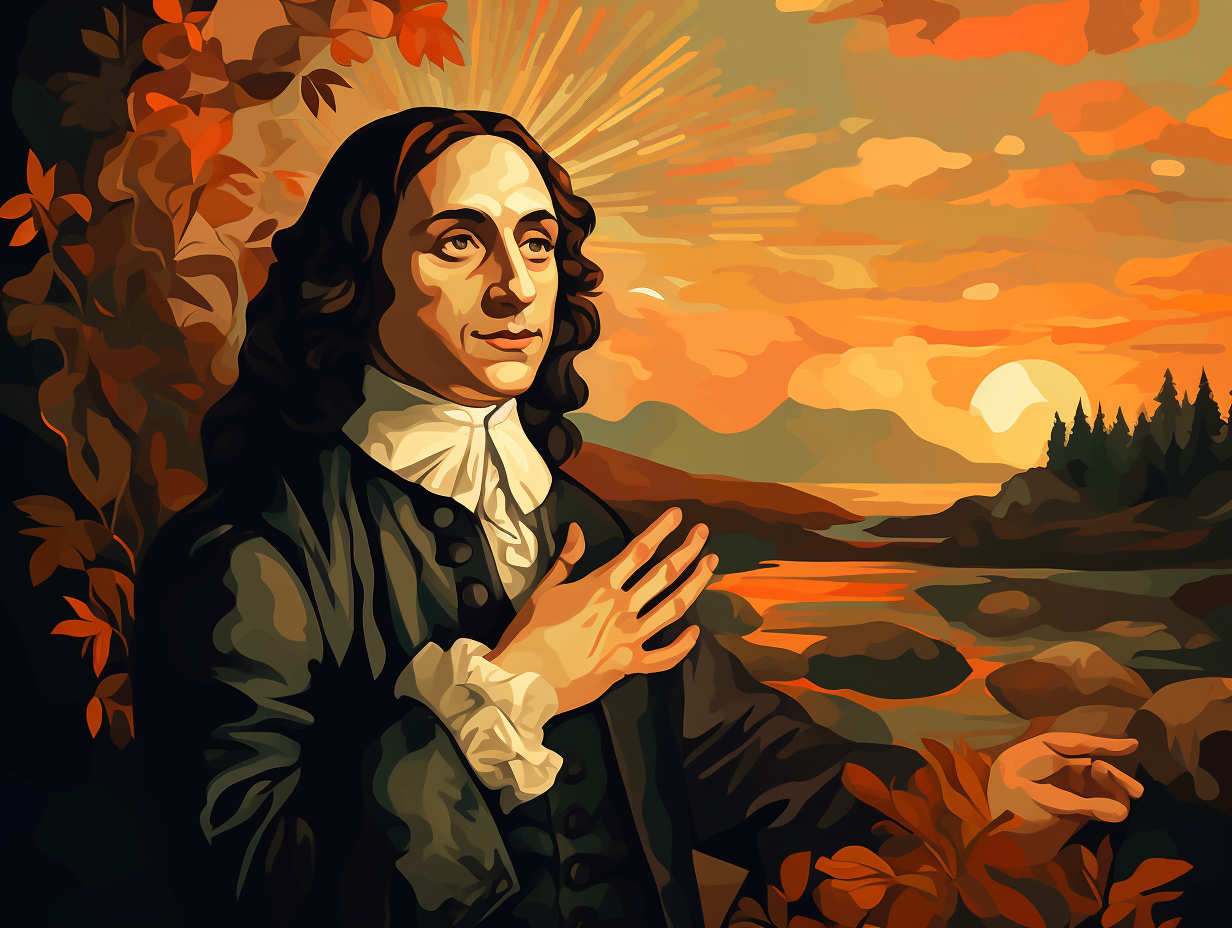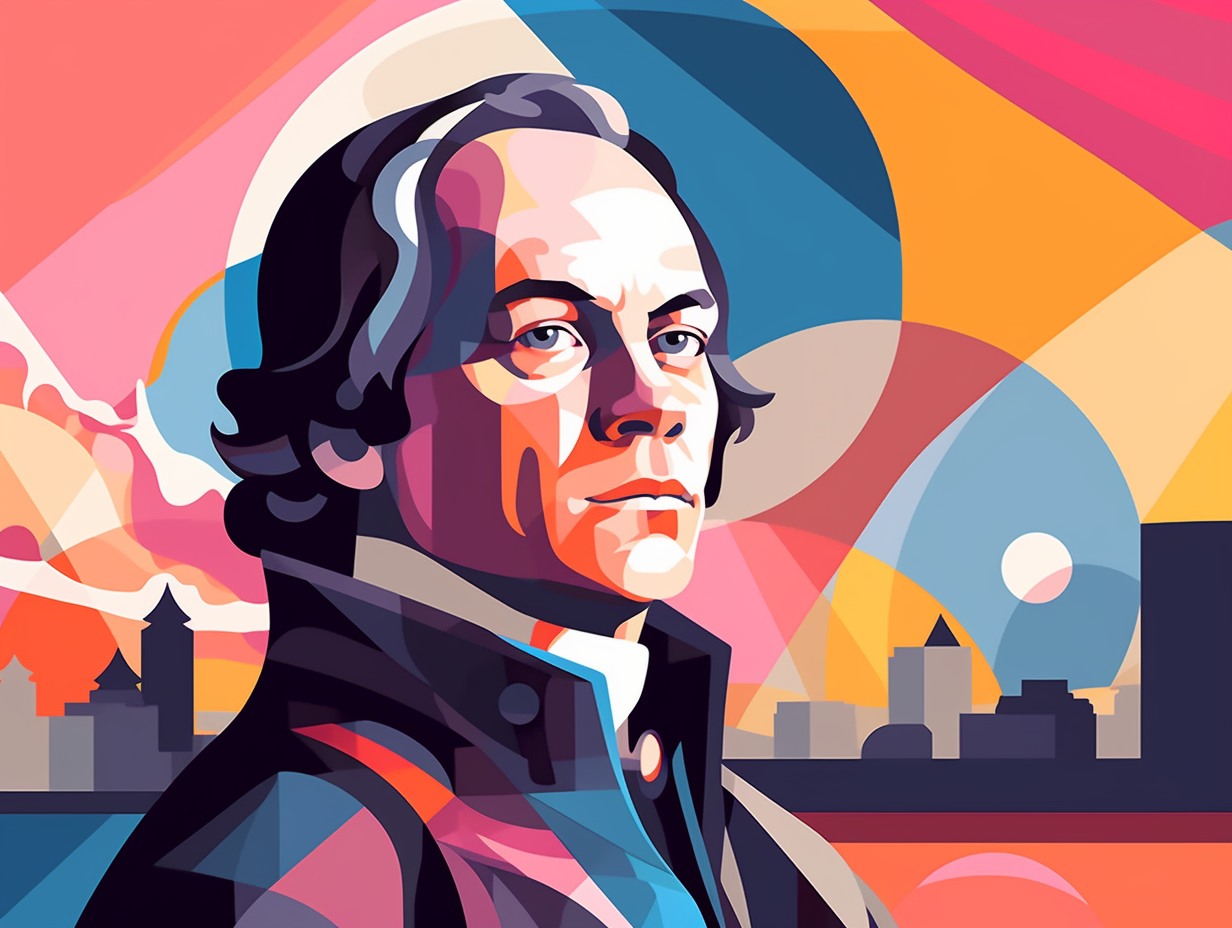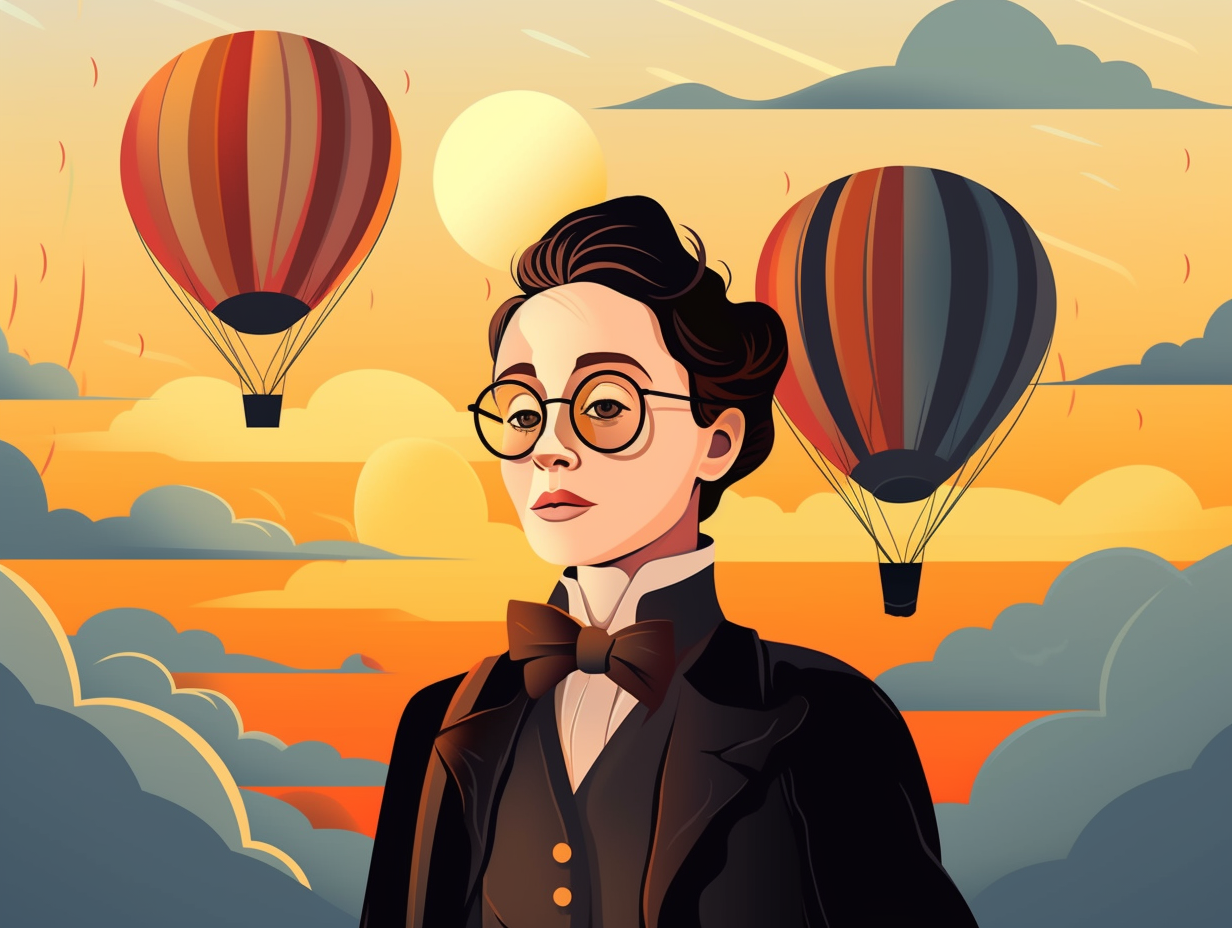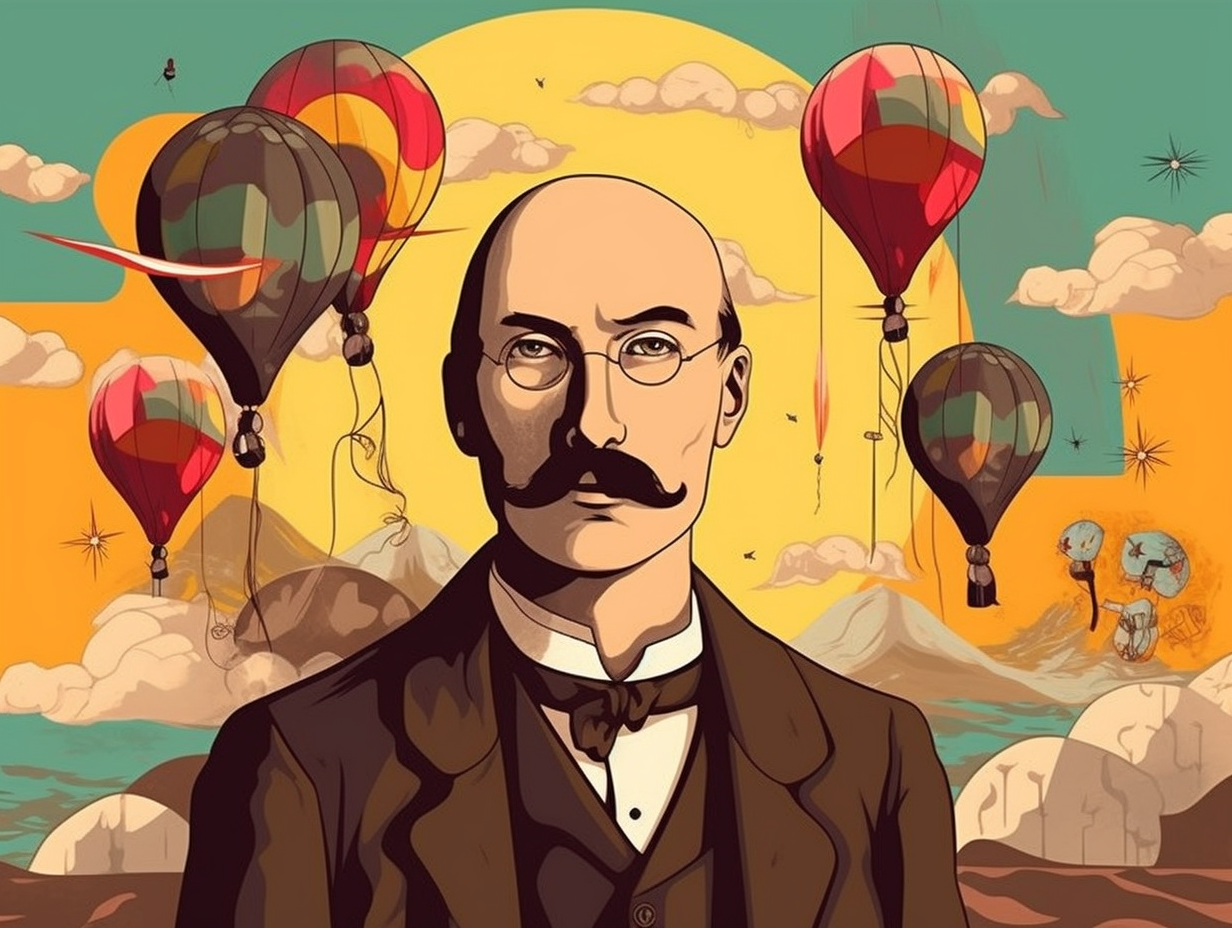10 Fascinating Fun Facts: Unraveling the Wonders of the Scientific Revolution

1. Aristarchus: The OG Heliocentrist
Move over, Copernicus, there's an OG heliocentrist in town: Aristarchus of Samos had already proposed a sun-centered universe way back in 200 BCE, centuries before our favorite Polish astronomer made it cool again. But thanks to Aristotle's popularity and the lack of a solid grasp on motion physics, poor Aristarchus' ideas got lost in space, until Copernicus dusted them off and acknowledged the ancient thinker in his 16th-century treatise.
Source => pas.rochester.edu
2. Newton's Apple: Gravity Defying Discovery
Newton's apple stint wasn't just a bright idea, it was gravity defying: While Isaac Newton's published work on universal gravitation in his 1687 "principia" didn't immediately send shockwaves through the scientific community, his combined efforts with the likes of Galileo and Kepler sowed the seeds for a monumental understanding of the physical world, one that we continue to rely on today.
Source => sparknotes.com

Did you know Kepler's groundbreaking work on fluid mechanics laid the foundation for our understanding of buoyancy today? Find out how his "Hexagonal Snow" book made waves in the scientific world.
=> Fun Facts about Johannes-Kepler
3. Astronomical Game of Thrones
Hold onto your celestial spheres folks, because Earth's not-so-stellar journey of realizing she's not the center of the universe dragged on for centuries: Copernicus' 16th-century heliocentric model didn't truly gain traction until Galileo and Kepler's work in the 17th century, overcoming resistance and eventually dethroning the geocentric consensus like an astronomical Game of Thrones.
Source => en.wikipedia.org
4. Sir Bacon: Father of Scientific Breakfast?
When Sir Francis Bacon wasn't busy laying the foundation for a full English breakfast (or inventing the BLT sandwich, as some might hope): he was actually pioneering a systematic approach to studying science during the Scientific Revolution, which, although not the same as the modern scientific method, greatly influenced the way humans observe and generalize the world around us!
Source => calteches.library.caltech.edu

5. Boyle & Hooke: The Original Air Pumpers
In a world where pumping iron was unheard of, Robert Boyle and his sidekick Robert Hooke decided to pump air instead: their collaboration led to the first controlled experiments on the effects of reduced air pressure in Boyle's book, New Experiments Physico-Mechanicall, Touching the Spring of the Air, and its Effects, which contributed significantly to high-altitude studies and inspired further advancements in the field of pneumatics.
Source => journals.physiology.org
6. Galileo: Math Geek Extraordinaire
Breaking News: Galileo Galilei, a Renaissance-era jack of all trades, was actually more of a math geek than a Leonardo da Vinci wannabe! While he dabbled in physics, philosophy, and astronomy, couldn't quite channel his inner bard or wield a brush like Michelangelo: In reality, Galileo's true prowess lay in his penchant for mathematics, geometry, and engineering, making strides in understanding motion, velocity, and the strength of materials. Innovating with inventions such as the thermoscope and leaving his stargazing legacy through telescopic observations of Jupiter's largest satellites, Venus's phases, and Saturn's rings – it's no wonder he's hailed as a scientific revolutionary sans the poetic and artistic flair.
Source => en.wikipedia.org
7. Ancient Surgery: Skull-Drilling to Nose Jobs
From skull-crushing hangovers to "mummy, I need a new nose!", ancient remedies make modern surgery look like child's play: The evolution of surgical techniques was actually inspired by Neolithic head drilling, Egyptian mummification, and Indian body part reconstruction, all paving the way for Galen's anatomical insights and John Hunter's experimental edge during the Scientific Revolution.
Source => ncbi.nlm.nih.gov
8. Roger Bacon: Empirical Egghead Friar
Did you know that a funky friar was cooking up scientific breakthroughs in the 13th century? This empirical egghead was no ordinary brother in robes: Roger Bacon, an English philosopher and Franciscan friar, played a pivotal role in advancing empirical study and natural philosophy by taking a leaf from Ibn al-Haytham's book (literally) and poking holes in Aristotle's theories. Don't go bacon his heart: Roger's work helped reshape the medieval university curriculum by adding optics to the traditional quadrivium, although calling him the pioneer of the modern scientific method might be a bit of a stretch since that claim has mostly been made since the 19th century.
Source => en.wikipedia.org
9. Vacuum Tug of War: Aristotle Debunked
When eight horses couldn’t pull their weight in the 17th-century version of tug of war: Otto von Guericke disproved Aristotle's theory that nature abhors a vacuum by conducting an experiment in which he created a partial vacuum between two copper hemispheres, and even eight horses couldn't pull them apart. Once air was allowed back in, the hemispheres separated effortlessly.
Source => scihi.org
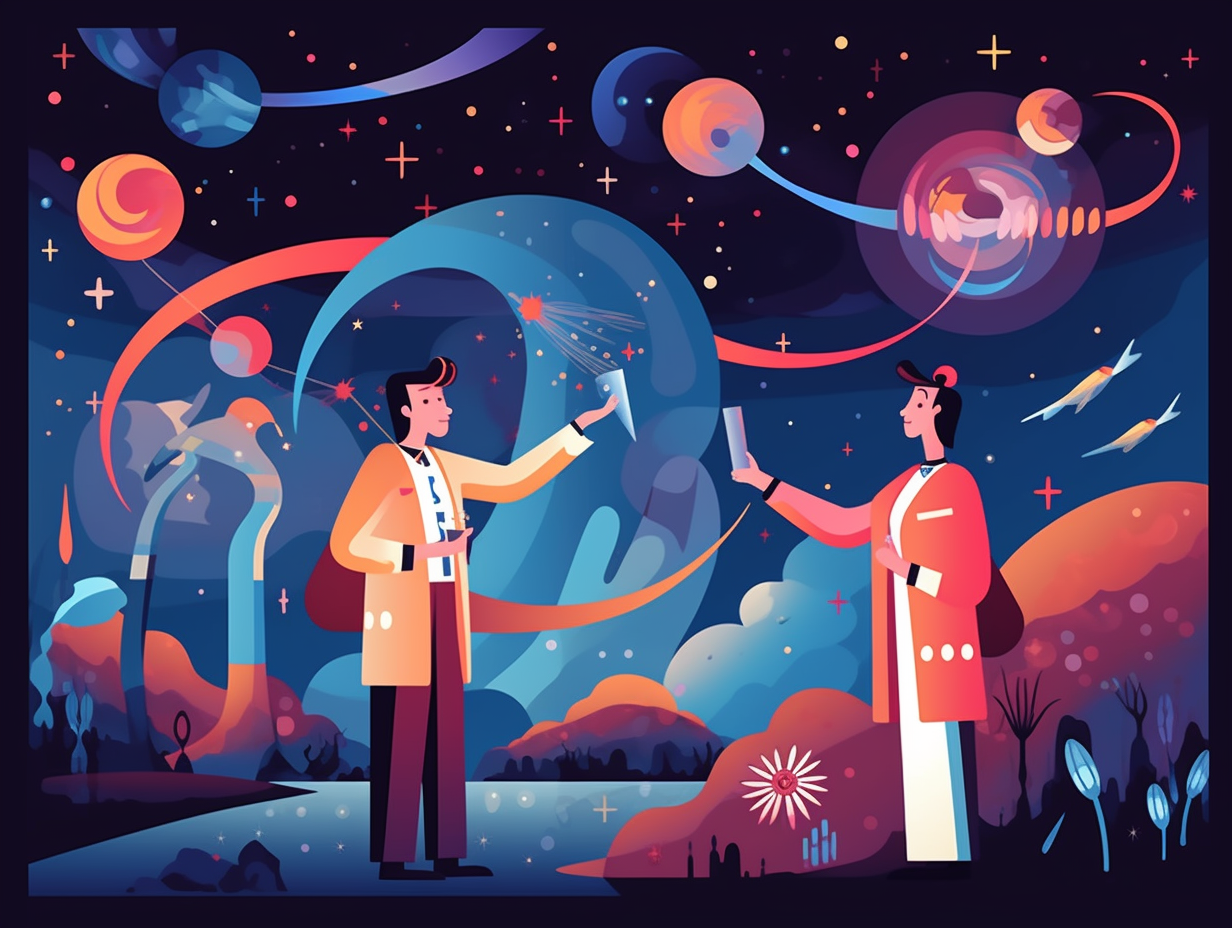
10. Universe Gossip: Royal Society's Tea Parties
They say sharing is caring, but did you know sharing also reshaped our understanding of the universe? Picture eccentric geniuses in 17th-century London, gossiping about the latest lab experiments over tea and crumpets: During the Scientific Revolution, the Royal Society of London significantly promoted scientific advancements by holding regular meetings and publishing manuscripts, laying the foundation for modern scientific publishing and enhancing collaboration among the great minds of the era.
Source => royalsociety.org
Related Fun Facts

